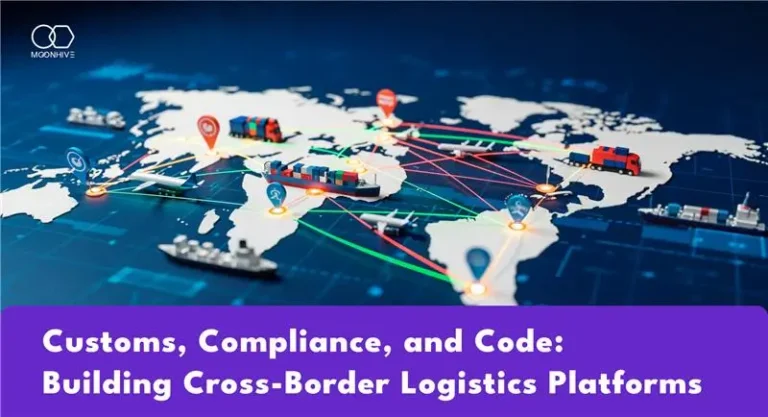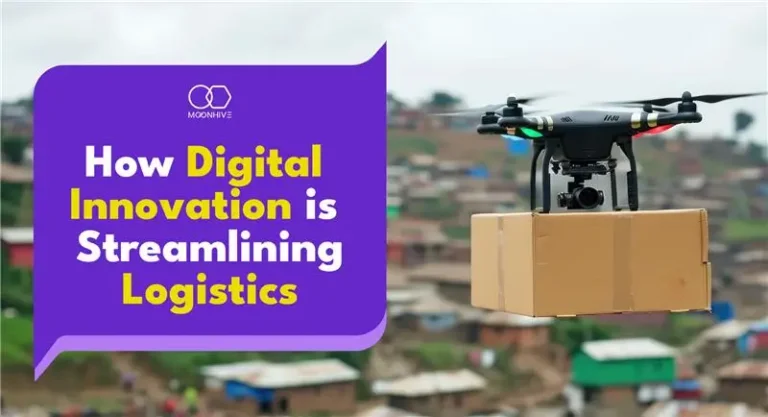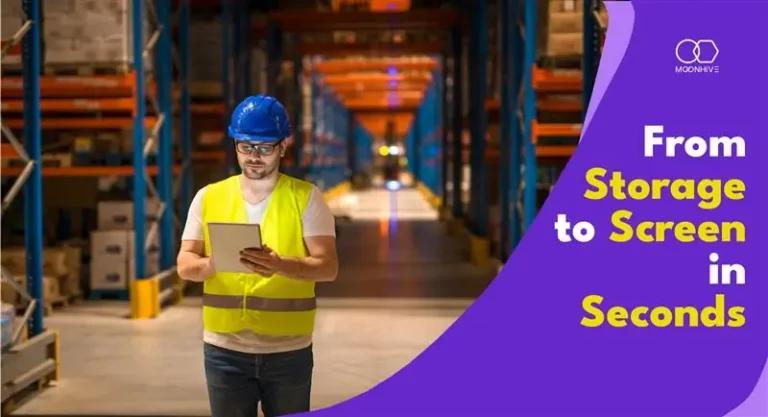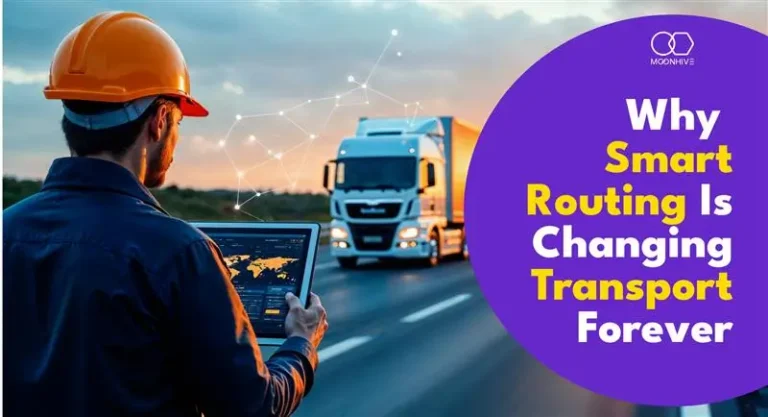Legacy System Modernization in GCC Finance: A Path to Compliance and Growth
The financial services sector in the Middle East is evolving at an unprecedented pace. From new compliance regulations to the rise of fintech platforms, legacy system modernization in GCC finance has become a crucial step for growth, compliance, and security. Yet, many organizations across UAE, Saudi Arabia, Qatar, and Kuwait still depend on outdated systems […]









